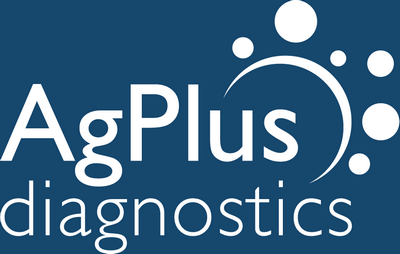With the COVID-19 pandemic raging rapidly across the UK and the world, point of care testing devices have a key role to play in diagnosing this infectious disease.
About Point of Care Testing Devices
Until the 1950s, very few medical tests existed that could be administered at the patient’s bedside. As technology evolved, clinical laboratories could carry out large numbers of tests at reasonable cost. Sending samples to labs and waiting for days to weeks for results became a common practice.
However, with the rising demand for faster results and the availability of portable diagnostic devices, medical testing evolved all over again. Although clinical laboratories are still a big part of healthcare, it is now possible to complement them by tests performed at point of care.
Point of care (POC) testing devices offer results within minutes of taking a test, allowing for rapid diagnosis and quick decisions about patient care. Also known as near-patient testing, POC tests allow doctors and medical teams to achieve lab-quality, real-time results in a matter of minutes rather than hours.
When it comes to diagnosing infectious diseases like COVID-19, timing is crucial. By using portable devices, point of care blood testing streamlines the diagnostic process, ensuring that patients can be isolated appropriately, monitored and receive highly effective and efficient care when it is needed.
Benefits of Point of Care Lab Testing
Rapid diagnostics offer benefits that go beyond the patient’s bedside. The biggest benefit of point of care testing is that it can be administered quickly and performed by staff who are not trained in clinical laboratory services.
Rapid test results can offer Gps the answers they need that can quickly help decide a treatment or course of action for a patient. A rapid test for COVID-19 allows the medical team to quickly identify whether a patient needs immediate attention or otherwise.
Point of care testing can also reduce the health care cost for the facilities that use it. It helps increase the speed with which a medical practitioner can receive the testing results, provide a diagnosis and create a treatment plan.
In essence, point of care blood testing devices allow medical facilities to:
- Identify diseases/infection cases quickly and effectively
- Get accurate, fast results
- Improve productivity and efficiency in treating patients infected with coronavirus
- Comply with performance and regulatory mandates
- Simplify procedures and processes
- Reduce the burden on medical staff by bringing the focus on the patient
- Lower healthcare cost
Rapid Testing – The Need of the Hour
A standard laboratory-based test can take anywhere between 24 hours to 3 days and even more. One of the standard PCR tests for COVID-19, for example, involves sending samples to a laboratory, which can take anywhere between 24 hours to 3 days or more to provide results.
Given that track and trace cannot be started until results arrive, this culminates in a slow turnaround of stopping the spread and isolating potential further positive cases.
Point of care testing devices are the need of the hour. With the coronavirus spreading across the UK and the world, point of care testing devices will speed up diagnosis and improve the turnaround time (TAT) dramatically. This is crucial and highly effective in managing critical cases like lung infections and other complications caused by COVID-19.
AgPlus Diagnostics is at the Forefront of COVID-19 Point of Care Testing
At AgPlus we have successfully developed a Covid-19 antibody assay and we are currently developing a Covid-19 Antigen diagnsotic.
Our Company mission has always been to be a recognised market leader in innovative Point of Care diagnosis, matching each patient’s critical condition to the right treatment at the right time.
For more information about our point of care testing devices, get in touch with us today!

